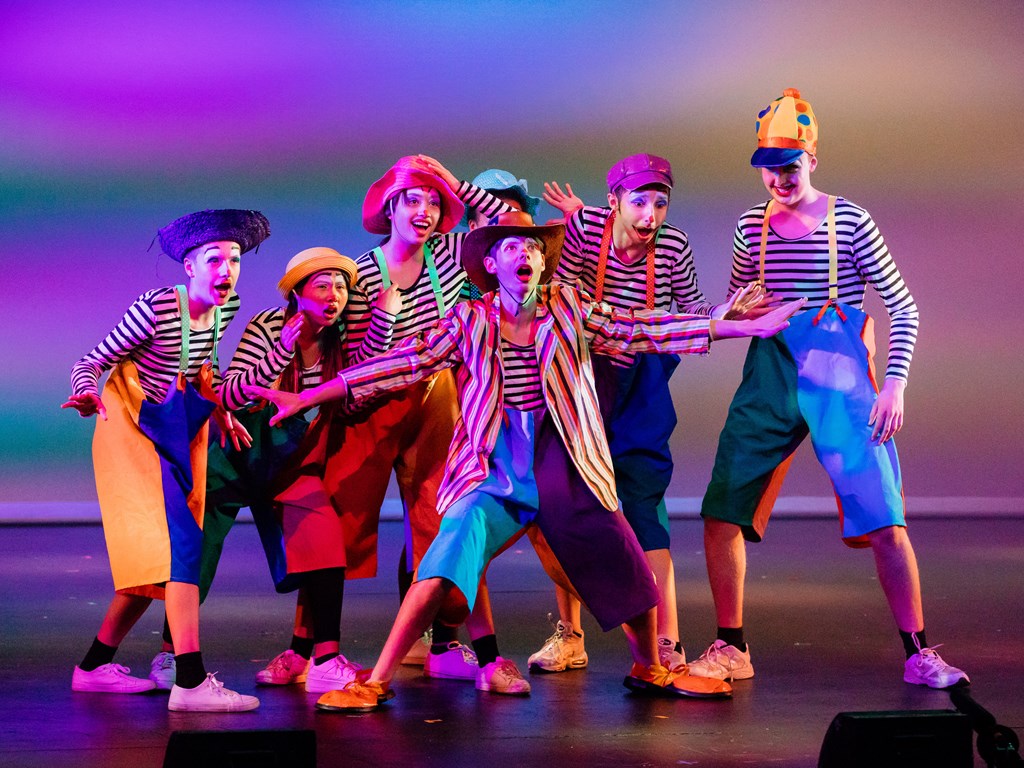
Introduction
Drama, a captivating art form that has transcended centuries, continues to enthrall audiences worldwide. This article embarks on a journey to explore the multifaceted world of drama, its historical significance, diverse forms, and its ever-evolving nature.
The Origins of Drama
Drama, in its essence, is the portrayal of stories and emotions through performance. Its roots can be traced back to ancient Greece, where it was an integral part of religious rituals. The Greek amphitheaters served as the stage for early dramatic performances, giving birth to the art we cherish today.
Different Forms of Drama
Tragedy
Tragedy, a fundamental genre of drama, delves into the complexities of human suffering and the inevitable downfall of its characters. From the Greek classics like “Oedipus Rex” to modern tragedies like Arthur Miller’s “Death of a Salesman,” this form of drama has continued to resonate with audiences.
Comedy
On the lighter side, comedy brings laughter and joy. It explores the humorous aspects of human nature, often with a moral lesson hidden beneath the humor. From Aristophanes to the sitcoms of today, comedy has always been a beloved form of entertainment.
The Evolution of Theater
Theater has undergone a remarkable transformation over the centuries. From the elaborate sets and costumes of the Elizabethan era to the minimalist stages of contemporary theater, the art of storytelling has evolved to match the changing tastes of the audience.
Famous Playwrights and Their Contributions
William Shakespeare
No discussion on drama is complete without mentioning the Bard of Avon. William Shakespeare’s timeless plays, such as “Romeo and Juliet” and “Hamlet,” have left an indelible mark on the world of theater.
Anton Chekhov
Anton Chekhov, a master of dramatic realism, is celebrated for his works like “The Cherry Orchard” and “Uncle Vanya.” His exploration of the human psyche continues to inspire playwrights and actors.
Acting Techniques and Styles
Stanislavski’s Method
Stanislavski’s acting method revolutionized the way actors approached their roles. His emphasis on emotional authenticity and character immersion laid the foundation for modern acting techniques.
Brechtian Theater
Bertolt Brecht introduced the concept of “epic theater,” where the audience is encouraged to think critically about social issues. His plays, such as “The Threepenny Opera,” challenged conventional theatrical conventions.
The Impact of Drama on Society
Drama has the power to mirror societal issues, provoke thought, and bring about change. It has been a catalyst for addressing social injustices and raising awareness about critical topics.
Drama in Education
In educational settings, drama plays a vital role in enhancing creativity, communication, and problem-solving skills among students. It fosters self-expression and empathy, making it an invaluable educational tool.
Contemporary Drama and Trends
Modern theater embraces diversity and experimentation. From avant-garde performances to immersive theater experiences, contemporary drama continues to push the boundaries of what is possible on stage.
The Role of Drama in Film and Television
The influence of drama extends beyond the theater. It has a significant presence in the world of film and television, with many actors transitioning seamlessly between these mediums.
The Intricacies of Stage Design
Behind every captivating performance lies meticulous stage design. Set designers, lighting experts, and costume artists collaborate to create immersive worlds for the audience.
The Challenges of Producing a Play
Producing a play involves a complex web of logistics, from casting and rehearsals to securing venues and funding. It’s a labor of love that requires dedication and determination.
The Magic of Live Performances
Live theater offers a unique experience that cannot be replicated elsewhere. The palpable energy between performers and the audience creates a connection that is both electrifying and unforgettable.
Drama as Therapy
Drama therapy harnesses the therapeutic potential of drama to help individuals cope with emotional and psychological challenges. It provides a safe space for self-expression and healing.
Conclusion
In conclusion, drama is a dynamic art form that continues to captivate hearts and minds. Its ability to entertain, educate, and inspire makes it an integral part of human culture. As we celebrate the rich history and ever-evolving nature of drama, we recognize its enduring power to move us and bring about meaningful change.